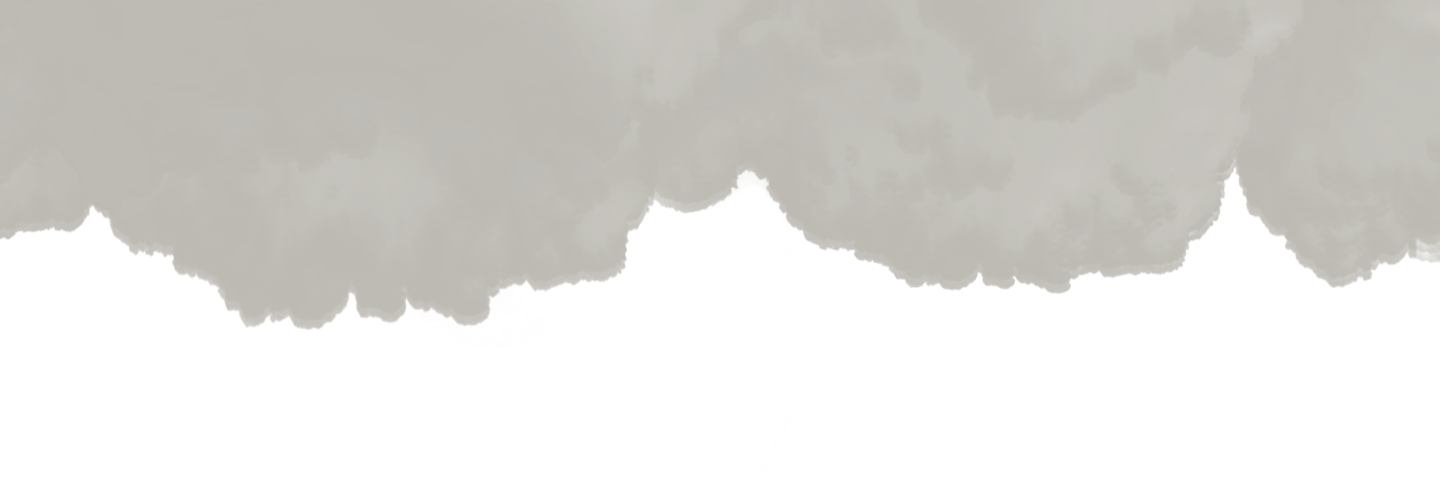“Krunoslav Sukić” BOOK OF THE YEAR 2023/2024 Accolade
Is awarded with gratitude to
Valentino Kuzelj and co-authors za znanstvenu monografiju SOCIJALNA DRŽAVA KAO TEMELJNA VRIJEDNOST REPUBLIKE HRVATSKE, Zagreb: Udruga Pravnik, 2023.
With the reflector-strong light of argumentation, the scientific monograph SOCIJALNA DRŽAVA KAO TEMELJNA VRIJEDNOST REPUBLIKE HRVATSKE (eng. WELFARE STATE AS A FUNDAMENTAL VALUE OF THE REPUBLIC OF CROATIA) focuses on one, insufficiently aware, perhaps even neglected constitutional category of the Republic of Croatia, the welfare state. In the context of the insertion of neoliberalism through globalization mechanisms and with the still present relics of past undemocratic periods, the welfare state represents the "third way". The authors point out where the basis for optimism is that this path can be taken and explain the role and possibilities that are available - if an effort is made to overcome the current passivity of the Constitutional Court towards the legislative branch of government and the reluctance of ordinary and specialized courts to initiate the procedure of reviewing their constitutionality when applying the provisions of social, labor, tax and misdemeanor legislation in specific cases. However, they clearly indicate that the Croatian Social Constitution is still waiting for its “heroic judges“.
However, here we have and greatly appreciate this heroic step of young scientists to reflect on the rootedness of social justice in the Constitution of the Republic of Croatia, to call for the values that are guaranteed by the Constitution, and which in practice should come to life more strongly by emphasizing human dignity as a fundamental value.
And here, apart from letters and professional terms, a man can be seen in every row, which is nicely emphasized in the Preface: "Every disappointed face of an old woman, the dirty coat of a beggar, the cry of a single mother, the tears of a sick child, the fatigue of an overburdened worker or the feeling of lack of prospects of a pupil or student touches the very core of the contemporary Republic of Croatia and its society and goes far beyond academic discussions about the social character of the state."
We especially appreciate the way the monograph was created. It is a persistent, careful, long-lasting and studious work of the author, Valentino Kuzelj, then still a student at the Faculty of Law of the University of Zagreb, together with his co-teachers (university teachers and colleagues from his home and other faculties and from practice). They structure their earlier scientific papers into five chapters, and fifteen related thematic areas in which they explain and argue how and where the Croatian Social Constitution is mirrored in practice, i.e. how it could and should be proactively used for the realization and continuous improvement of the welfare state as the foundation of the values of the modern Republic of Croatia. In doing so, they point out that, although the welfare state is a natural sequence of the rule of law and the rule of law, and its realization can be considered a condition for the legitimacy of the government, it does not eliminate, but only mitigates social inequalities.
Although professional and scientific, the language is readable and we see the monograph as a source of information, knowledge and inspiration for scientists, judges, lawmakers, lawyers, sociologists, political scientists, as well as for students and all those who study this topic as part of civic activism.
We are honored to support this work! Congratulations and a big thank you to the author and co-authors!

